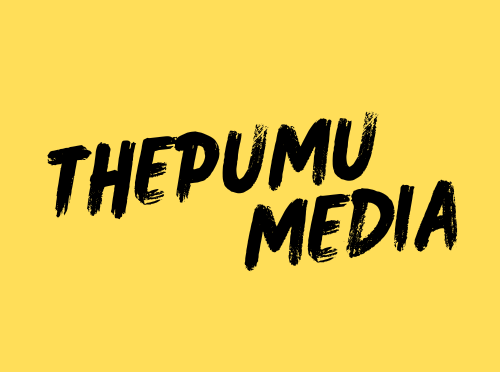Search engine optimization, commonly known as SEO, might sound like a complex term, but it’s an essential tool for businesses of all sizes looking to improve their online presence. In this beginner-friendly guide, we’ll break down the fundamentals of SEO and explain why your business should consider investing in SEO services. We’ll also address ten frequently asked questions about SEO along the way.
Introduction to SEO
SEO stands for Search Engine Optimization. It’s the practice of making changes to your website and online content to improve its visibility on search engines like Google. When someone searches for a product, service, or information online, they typically click on one of the top results. SEO helps your website rank higher in those search results, making it more likely that people will find and visit your site.
1. What Does SEO Do for Your Business?
SEO offers several benefits for your business:
- Increased Visibility: SEO helps your website appear higher in search engine results, which means more people see your site.
- More Traffic: When more people visit your site, you have a better chance of turning them into customers or clients.
- Credibility: High-ranking websites are often seen as more trustworthy and authoritative.
- Better User Experience: SEO involves optimizing your website for a better user experience, which can lead to higher customer satisfaction.
2. How Does SEO Work?
SEO works by optimizing various elements on your website. Here are some key factors:
- Keywords: Using relevant keywords in your content helps search engines understand what your page is about.
- Content Quality: High-quality, informative content is more likely to rank well.
- Backlinks: When other reputable websites link to your site, it can improve your search rankings.
- Website Structure: An organized and user-friendly website structure helps search engines crawl and index your site.
3. Do I Need to Hire an SEO Company?
While some basic SEO practices can be done by individuals, hiring an SEO company can be highly beneficial. Experts have the knowledge and tools to optimize your website effectively. They keep up with industry trends and changes in search engine algorithms, ensuring your site remains competitive.
4. What Are the Common SEO Mistakes to Avoid?
- Keyword Stuffing: Overloading your content with keywords can be seen as spammy.
- Ignoring Mobile Optimization: Many users access websites on mobile devices, so your site should be mobile-friendly.
- Neglecting Quality Content: Low-quality content won’t attract or retain visitors.
- Not Monitoring Progress: Regularly tracking your SEO performance helps identify areas for improvement.
5. How Long Does It Take to See SEO Results?
SEO is a long-term strategy. While you may see some improvements in a few months, significant results often take six months to a year or more. Consistency and patience are key.
6. Is SEO Cost-Effective for Small Businesses?
Yes, SEO can be cost-effective for small businesses. It offers a higher return on investment (ROI) compared to traditional advertising methods because it targets users actively searching for your products or services.
7. Are There Different Types of SEO?
Yes, there are three main types:
- On-Page SEO: Optimizing elements on your website, like content and meta tags.
- Off-Page SEO: Building your website’s authority through backlinks and mentions on other sites.
- Technical SEO: Improving your site’s technical aspects, like site speed and mobile-friendliness.
8. What Is Local SEO, and Why Is It Important?
Local SEO focuses on optimizing your website for local search results. It’s crucial for brick-and-mortar businesses or those serving specific geographic areas. Local SEO helps you appear in local searches and on platforms like Google Maps.
9. How Can I Measure SEO Success?
You can measure SEO success through various metrics, including website traffic, keyword rankings, click-through rates, and conversion rates. Tracking these metrics helps you understand the impact of your SEO efforts.
10. How Do SEO and Content Marketing Relate?
SEO and content marketing go hand in hand. SEO optimizes your content to rank well, while content marketing provides valuable information to your audience. Combining both strategies can lead to a powerful online presence.
Conclusion
In the digital age, SEO is a critical tool for businesses looking to succeed online. It’s a multifaceted strategy that, when done correctly, can significantly improve your website’s visibility, traffic, and credibility. By understanding the basics of SEO and considering the services of a professional SEO company like ThePumu Media, you can take your business to the next level in the online world. If you have any more questions about SEO or are ready to get started, don’t hesitate to reach out to us!

